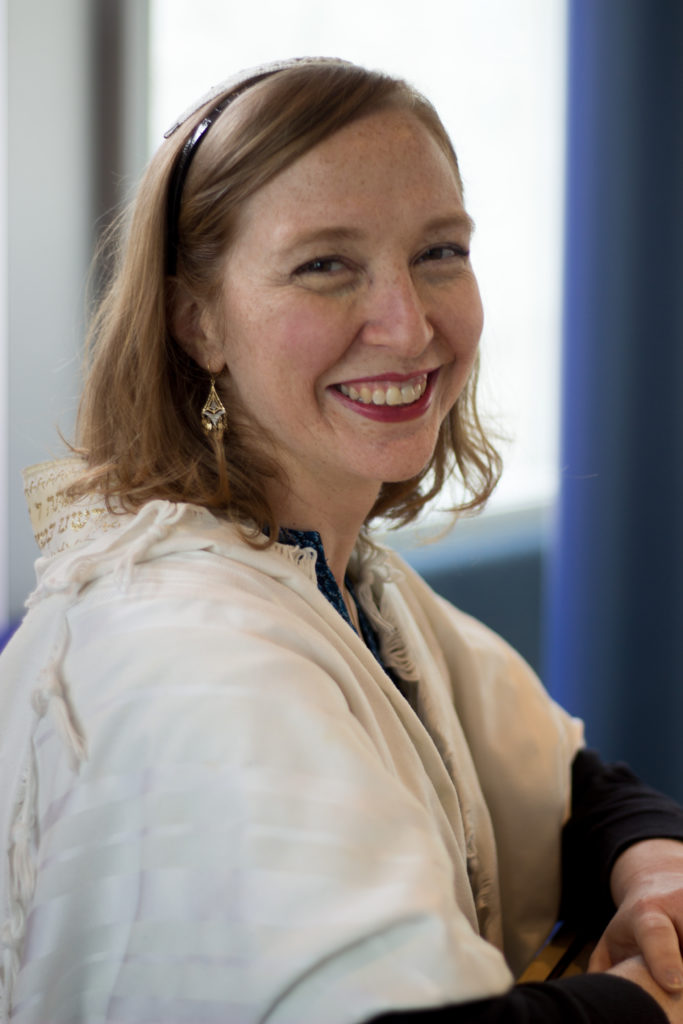I moved to Canada in 2011 after marrying a Canadian and graduating from rabbinical school in Boston. I had lived in Israel for two years and had traveled in Europe and the Middle East, so I felt prepared to encounter a new country. However, it wasn’t the same as travel; this was my new home. I was accustomed to feeling worldly and educated, but now at parties, I didn’t know the names of prime ministers or cultural references. I spent my first four years in Montreal, in which my neighborhood’s top languages were French and Yiddish. I tried my best to learn, but still felt what I can only describe as my foreignness.
After living in Canada for 6 years, I was able to take my citizenship exam. My husband and young daughter came with me for the citizenship ceremony. We dressed up, I handed in my permanent resident card, and we all stood to pledge our commitment to the Queen and to Canada.
Afterward, a most remarkable thing came in the mail: my “Cultural Access Pass.” Created by the Institute of Canadian Citizenship (ICC), the Cultural Access Pass is the only program in the world designed to acculturate new immigrants through access to the cultural riches of their new country – free or discounted access to museums, musical performances, cultural centres, and the entire national rail system for one year for you and your children. The ICC’s mission: “[To] inspire inclusion, celebrate newcomers, and encourage active citizenship. Our goal: to unlock Canada for newcomers.”
I couldn’t believe it. Like year-long, paid maternity leave, free health care, and free language classes, at first, I just couldn’t understand the largesse of my new country. What an amazing (and unnecessary?) gift to newcomers. Upon reflection, though, I realized this was not a gift; it was an investment the Canadian government was making in teaching newcomers about Canadian values, including multiculturalism, democracy, pluralism, gender equity, and freedom of expression.
What does it mean to welcome someone to a new place, a place that is supposed to become their home? The Cultural Access Pass taught me: Give people a chance to explore the best of what your community has to offer. Incentivize their immersion in language, music, dance, art, and geography. Let them teach it to their children.
In this week’s, and last week’s Torah portions, we do a lot of counting, taking a census. The Torah describes how to count, also demonstrating who gets counted among the Israelite people. This is a question we ask in society too: Who gets counted on the roster? Who is a citizen? Who is a member? I learned from my own experience becoming a Canadian citizen that there are more steps to the process than just being counted on the roster. Lavishing access to the best we have to offer is how we teach newcomers who we are so that newcomers can truly feel they count as part of the community.

Rabbi Julia Appel is Clal’s Senior Director of Innovation, helping Jewish professionals and lay leaders revitalize their communities by serving their people better. She is passionate about creating Jewish community that meets the challenges of the 21st century – in which Jewish identity is a choice, not an obligation. Her writing has been featured in such publications as The Forward, The Globe and Mail, and The Canadian Jewish News, among others.

